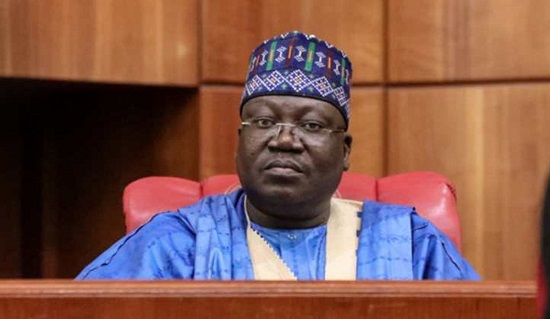President of the Senate, Ahmad Lawan has said that the National Assembly will support the Independent National Electoral Commission (INEC) to provide better voting environment for Nigerians through creation of more polling units.
Lawan stated this at a stakeholders forum organised by the National Assembly Joint Committee on INEC and Electoral Matters on Tuesday in Abuja.
The News Agency of Nigeria (NAN) reports that the event was tagged: “A Presentation on the state of voter access to Polling Units in Nigeria.”
He assured INEC of National Assembly’s support in its quest for the creation of additional polling units across the country.
“I want to assure the chairman of INEC and indeed Nigerians that the National Assembly will support INEC fully, completely and wholly in ensuring that we provide a better voting environment for our citizens.
“We will do whatever it takes, because democracy is about participation and voting is probably the most important thing,” Lawan said.
He said that the National Assembly would always support the provision of safe and more convenient environment for voters.
“We had about 50 million registered voters in 1996 and now over 82 million. Only 35 per cent of registered voters participated in 2019 Presidential election. This translates into less than 30 million Nigerians who participated.
“In addition to creating more polling units, we need to also mobilise voters to go to those polling units to vote.”
“So the issue is not only creating more polling units but even mobilising voters to participate,” he said.
He said that the mobilisation of voters to vote was the responsibility of not only the electoral body, but also that of political parties and Civil Society Organisations.
Earlier, Chairman of the Joint Committee, Sen. Kabiru Gaya noted that making polling units available and accessible was one of the primary responsibilities of INEC.
He said “One of the challenges that almost marred the credibility of the 2019 General Elections especially in densely populated urban and rural registration areas was the accessibility to such units.”
Gaya said that making polling units available and more accessible to the electorate was coming early enough before the 2023 General Elections.
“Doing this at the early part of a new election cycle (2019 — 2023) rather than towards the end of the cycle will to a large extent remove any form of suspicion from the minds of electorate, politicians and Nigerians in general,” he said.



